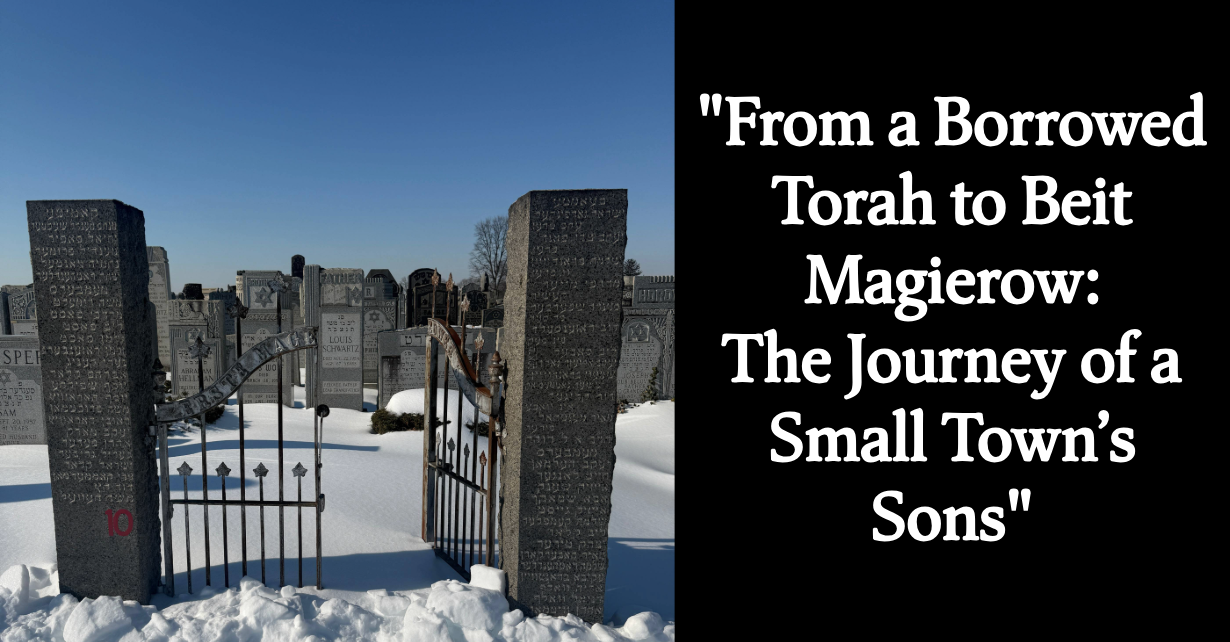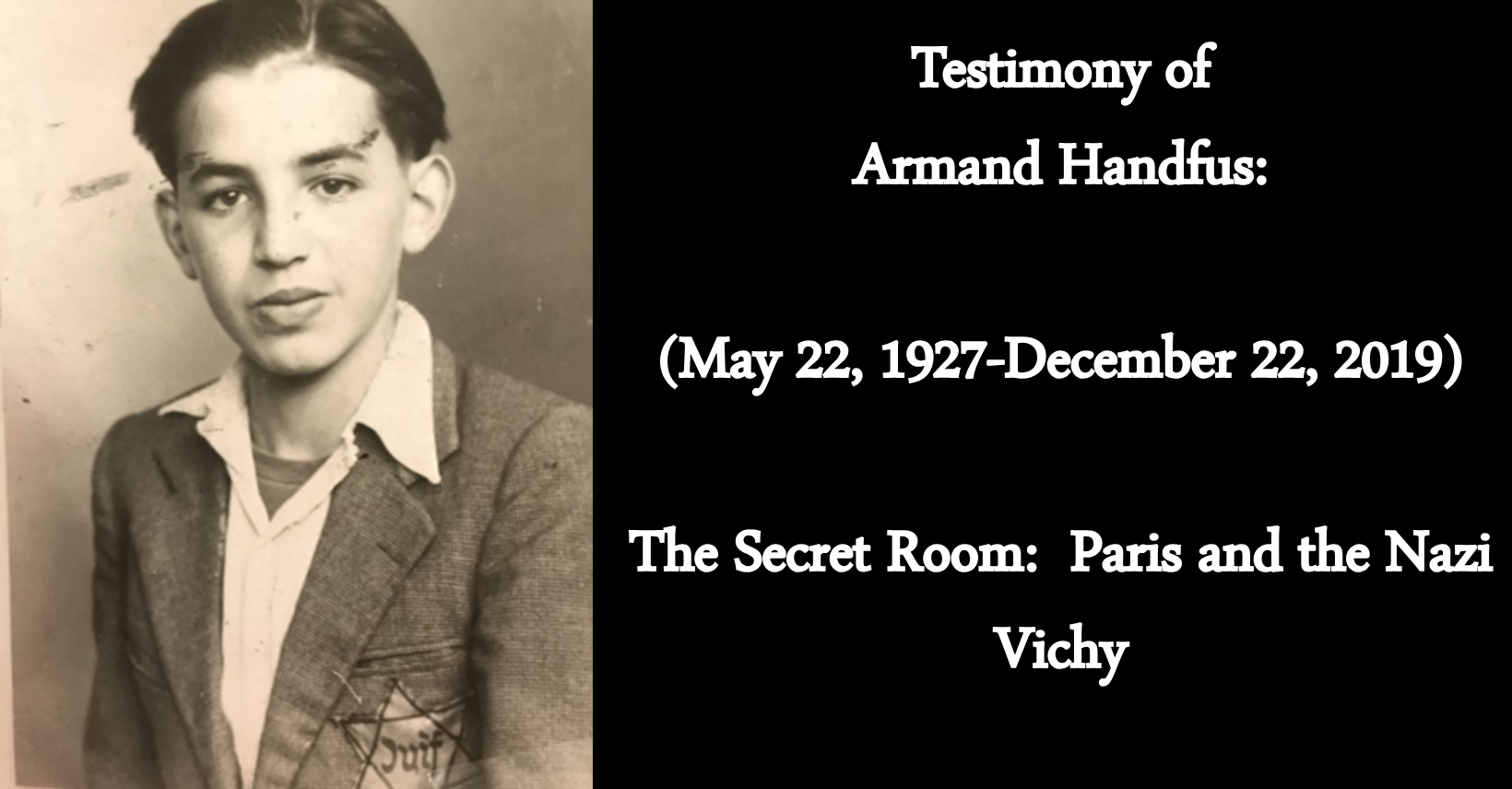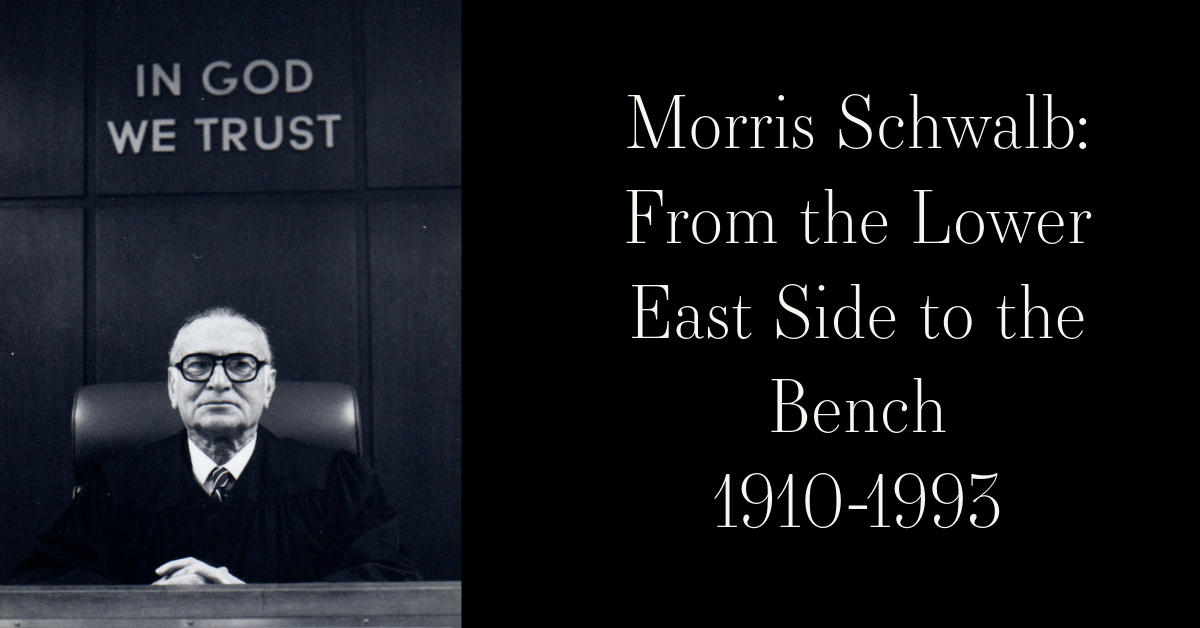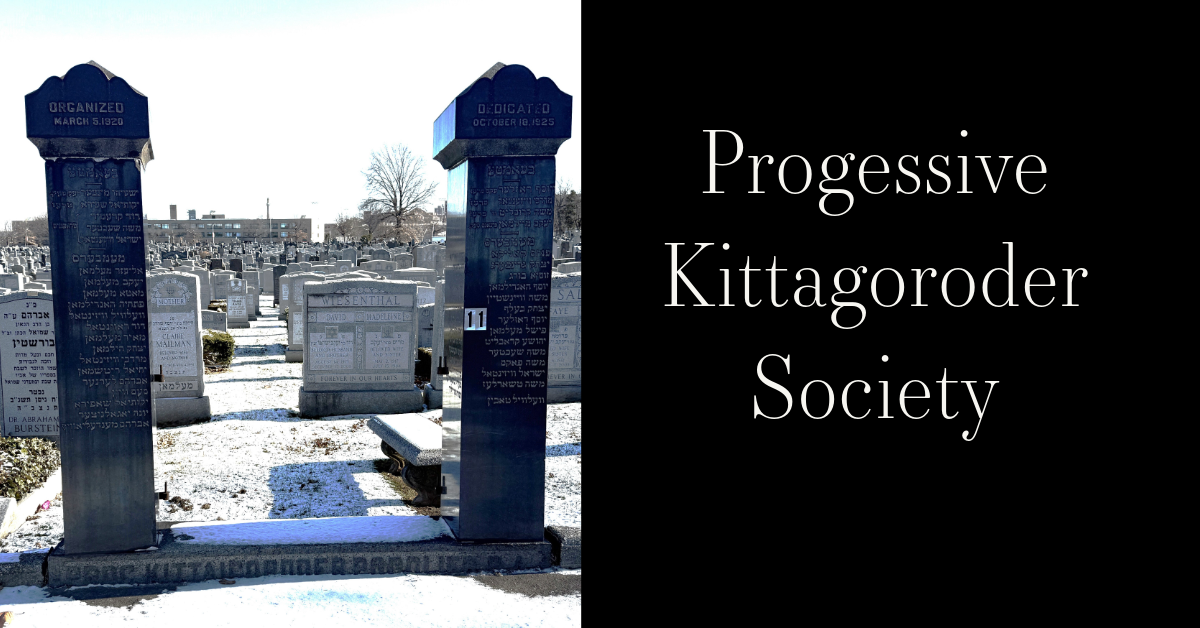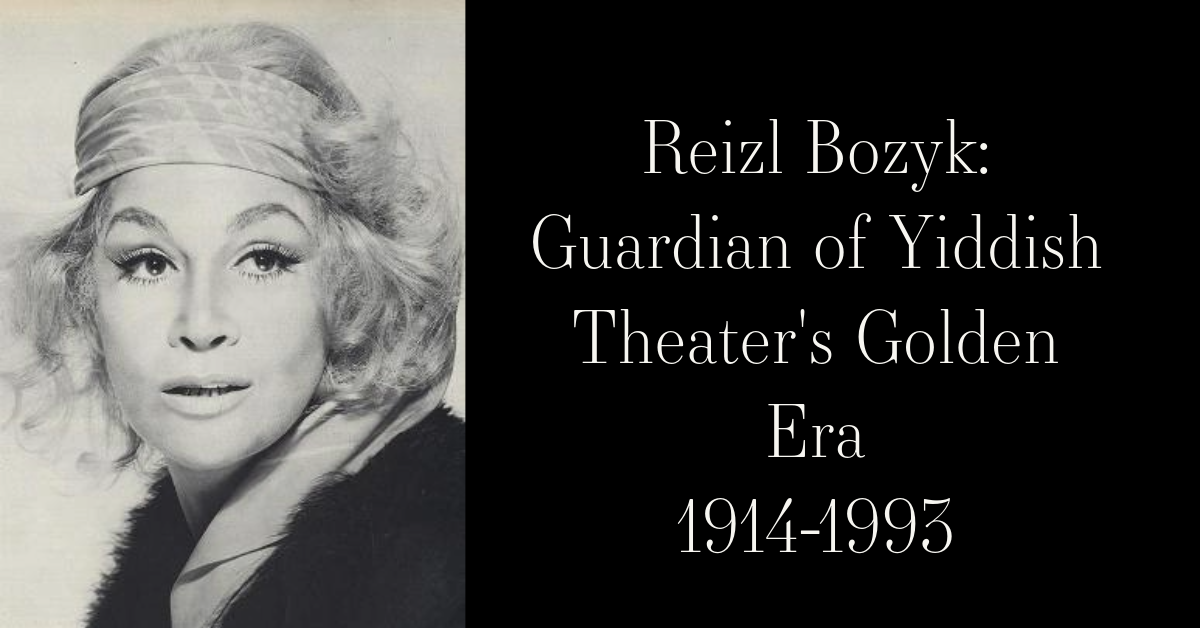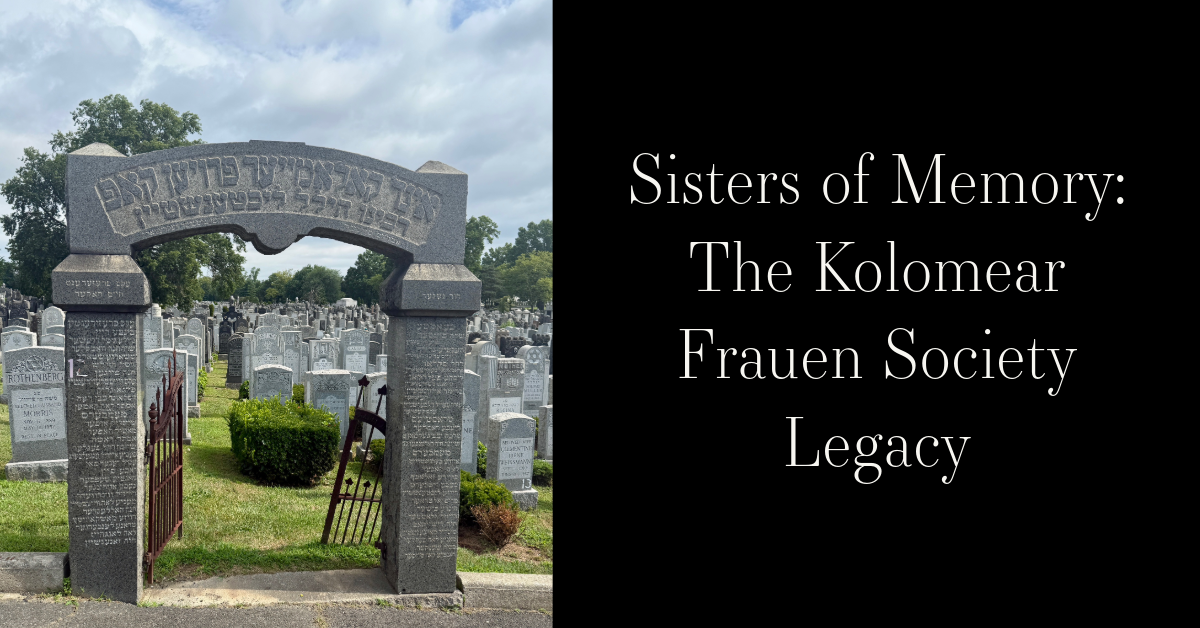Story Summary:
Please join us in in experiencing the first hand testimony of Mikhail Gorelik in honor of Victory Day. He was both a Veteran and Holocaust survivor. We wish to thank his daughter, Svetlana Mazer, for sharing his harrowing story of survival and bravery so that we may educate the community about his contribution to our rich history to our culture. May his memory be a blessing.
MlKHAlL GORELIK - A STORY OF SURVIVAL

"During the war I was in the German occupied territory of Belarus. I lived in a small town called Lelchitsy near Gomel, Belarus. I was only 13 years old when Germans came to our town. According to my documents I was born in 1926 but I was really born in 1928. Later on, I added two years to my age to be old enough for joining the army. I was with my mother, Liza Gorelik, two sisters and a brother. A 'New Order' was established and a mass execution of Jews had begun.
We could hear the shootings. My family along with my mother's sister's family decided to run in the direction opposite to the gun battle. We reached a little town called Usovo, about 20 kilometers from Lelchitsy. There we found out that Germans killed my grandfather, Shmuel Gorelik. a friend of mine and many others.
I remember the following incident very well. Germans came to Usovo along with local police. All the Jews were given shovels and ordered to dig deep holes. It was clear to me that we will all be shot. I decided to run to the forest and hide. Germans made my mother look for me. I came back when I heard my mother screaming. To my surprise, this time we were not killed. All of our possessions were taken away and we were told to return to Lelchitsy. That's how we ended up there again in the fall of 1941. A yellow star of Davis was sawn to the Jew's clothes. We were given work such as covering graves where Jews were shot, cleaning up the territory where Germans lived, loading wood, etc. Not everything was peaceful. We were whipped, beaten with feasts and kicked with boots. Some locals joined German police and treated us very cruelly to show off in front of the Germans.
Once in the morning we noticed that the house where we lived was surrounded by Germans and German loyal local police. It was clear to us that this was the end. I ran in the backyard and hid in the well with the frozen water. Somebody noticed me and let the Germans knows. I was pulled out, severely beaten and pushed inside the house. In the house, everybody was already lined up, about 20 people and proceeding outside. At this moment l was able to jump under the wood burning stove unnoticed. In Belarus it was a place where the chickens were kept. Policeman poked there with sharp rakes. They
mistook me for a bag of clothes and decided to come back for it when it gets dark. Everybody else was taken to a separate house, where they stayed for a few weeks and were shot in the outskirts of Lelchitsy (this place is commonly known by local townspeople as a “Collective Farm Hill"). I don't know the exact number of Jews killed but 1 think that the number was close to 500. That’s how my mother, two sisters and brother perished.

I don't recall exactly how long I stayed under the stove before I broke the window and ran out in the yard. What to do? Where to go? I could hear gun fighting. I visited some friends. They gave me something to eat and begged me to leave. According to the German order, anybody hiding Jews will be shot. When I was in Gapa’s house, local police knocked on the door looking for Jews. They bid me under the bed and answered that there were no Jews. They were afraid for their own lives and begged me to leave. Townspeople, Zagovorsky and Subbota, were the policemen that came. The person in charge of the local police at the time was Yankovez and his assistant was Siniza.
I was wondering all alone in the woods for a long time until I came lo Ivan Belotsky's house. He lived with his wife Gapa and his 11 years old step daughter, Maria.
They hid me and another woman, Riva, in the old run-down house on their property. There, Maria Belotsky. risking her own life, brought us some food (they hardly had anything themselves). It was a terrible time. I had to go without food or water for days. It was very cold. Each day could be the last. I had to hide in the attic, basement, under the stove without any movement for a long time. Sometimes I bad to hide in the woods and come back again. Belotsky's family gave me my second life.
It was dangerous for me to stay there any longer. I left them and started wondering around the woods in 1942. There was a number of people, about 30 Jewish skilled workers. who still stayed in Lelchitsy. Germans wanted to shoot them also.
When they found out, they decided to run away. I was able to join their group. Germans found out about their plot and started to run after them. We ended up on a small island surrounded by Germans. Many people were killed, some people's legs were broken.
Again, this time I was able to survive. I submerged my body under water well, only my head sticking out. As soon as I saw Germans walking on the overpass, l would take a deep breath and go under water. That's how I remained unnoticed. It was horrible. I had to hide in the pile of dried wheat and deserted homes. I was suffering from lice and hunger. l became so weak that I was not able to pull my boots out from the marsh lands. I walked with bare feet. It was especially difficult in the winter but I survived.
To my luck, Russian resistance started forming in l 943. Russian partisan movements of Saburov, Kovpak, and Shitove were passing through Belarus. Very weak, cold and hungry, I joined Saburov's forces. I added two years to my age and with difficulties joined Chrushcv’s division, Shitov's group. It was based in Kiev, Ukraine. All the documents confirming these events should be found in the local archives. After the war, I requested a partisan certificate from Minsk. but it was not given to me because of a discrepancy in my father’s name in the war documents and my passport (Solomonovich vs. Semoynovich).

I’m giving out all these facts to confirm the exact timing of my occupation. nIn 1944 I returned to Lelchitsy and was sent to the war from in 1944. I remained in the Russian army after the war until 1950. I took part in liberation of Hungary, Czechoslovakia and Rumania. I have many medals. l was wounded twice. I'm still staying in close touch with Belotsky’s family and his descendants.
Belotsky, who is now deceased. attended my wedding as my second father. I visited Lelchitsy in 1960 and took pictures. Now that I’m living in US, we write letters. My story is published in Yad Vashem Museum in Israel."

~We wish to thank the family of Mikhail Gorelick for sharing his legacy of survival and bravery in the face of terror.







